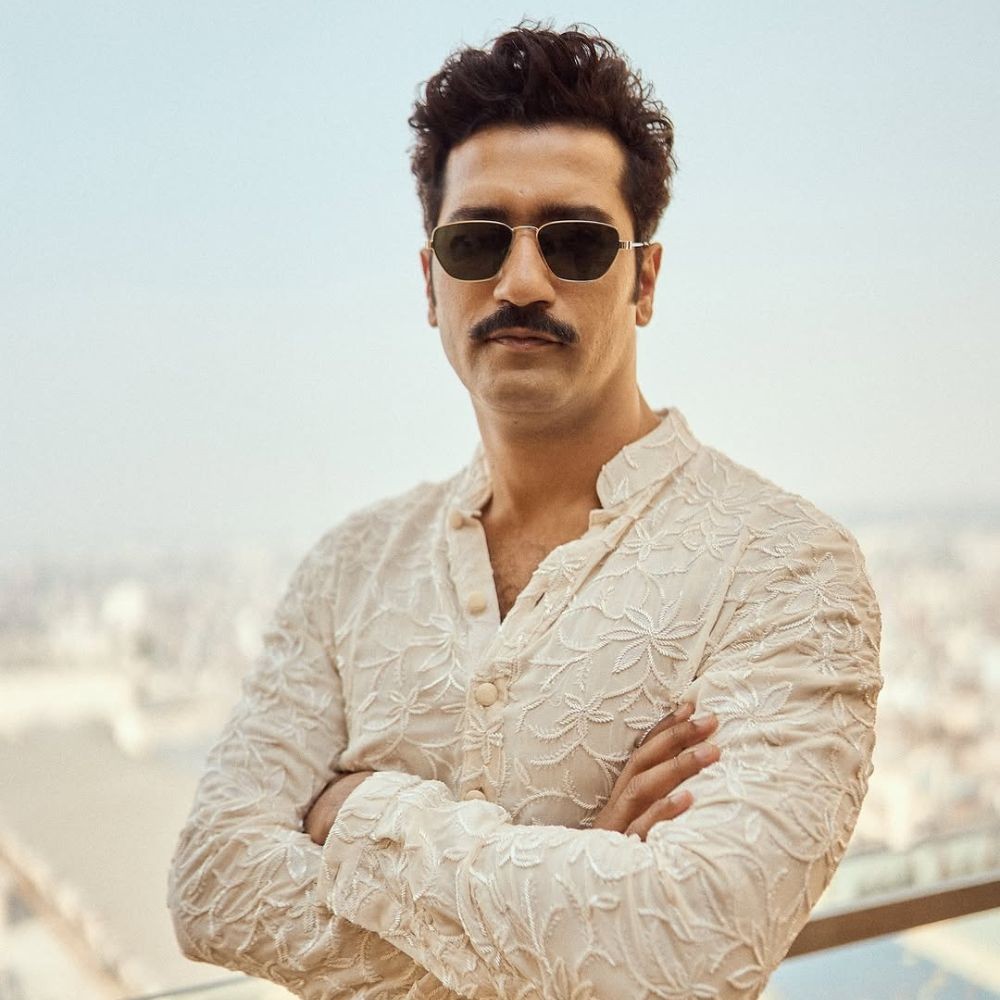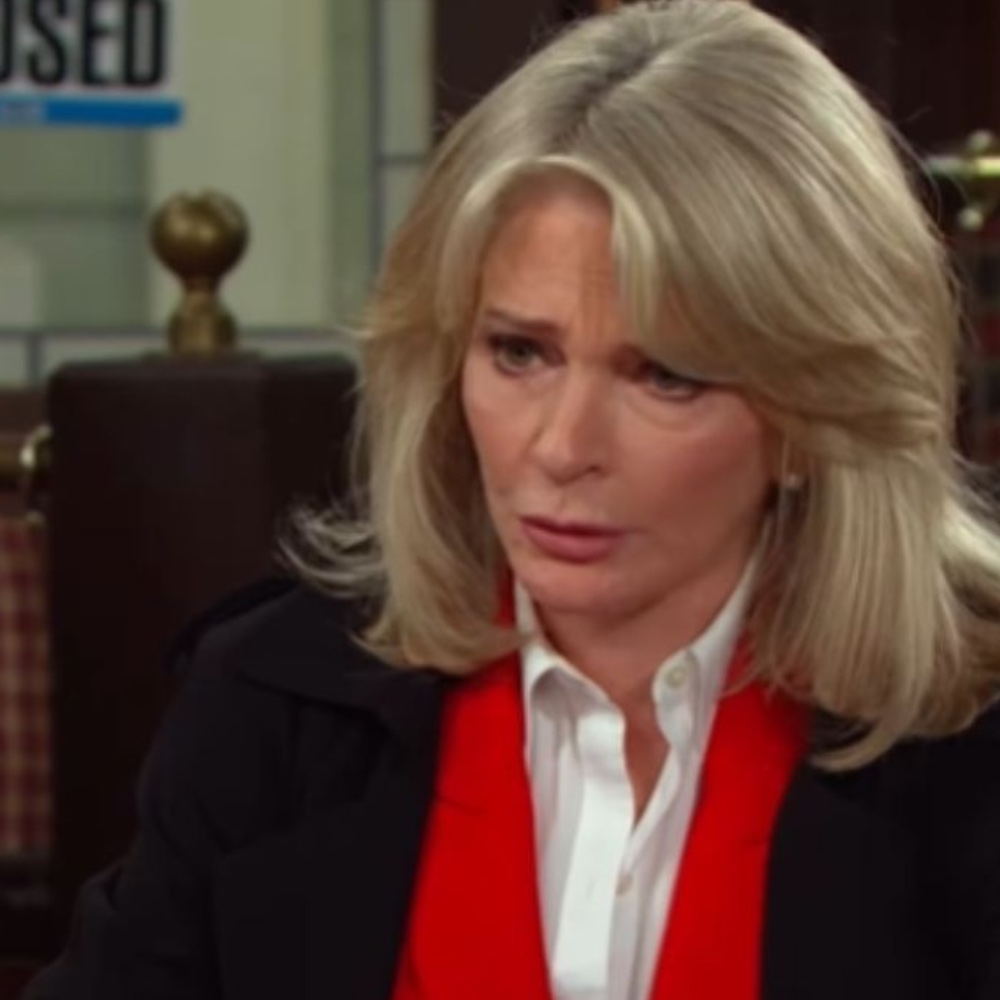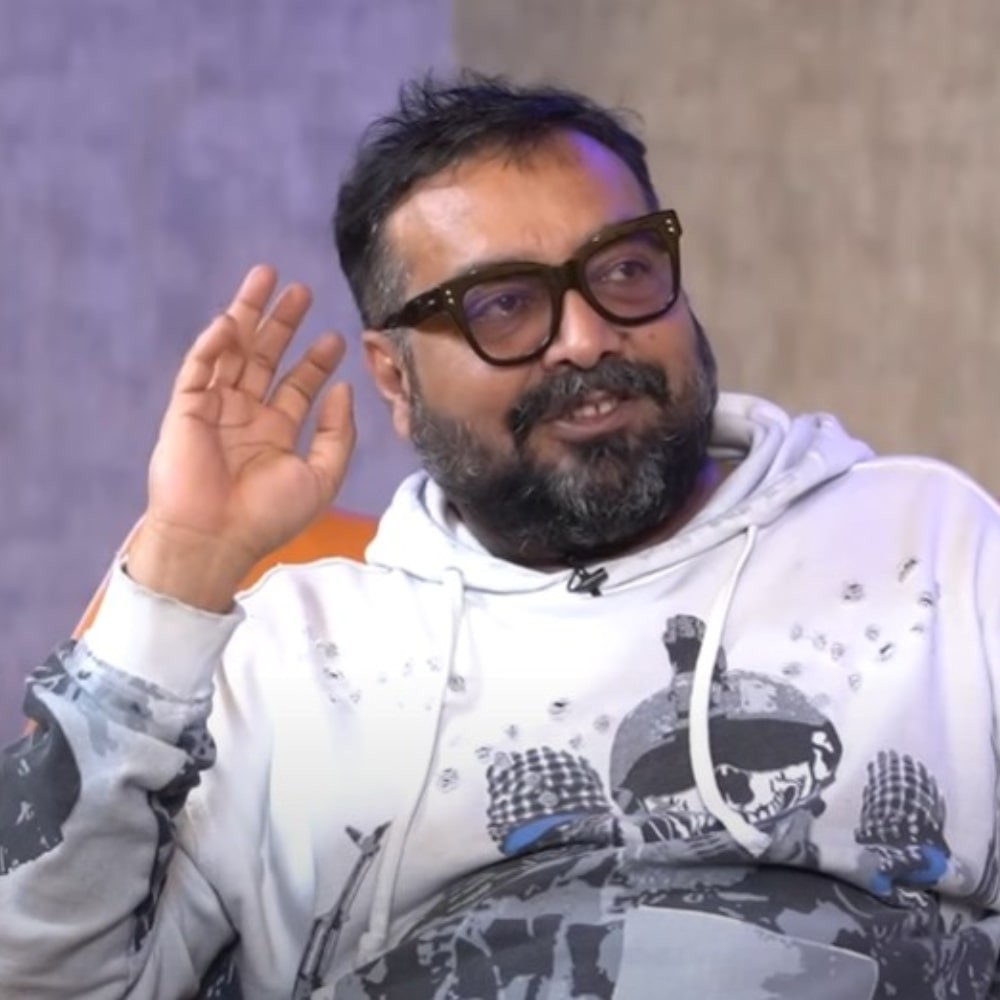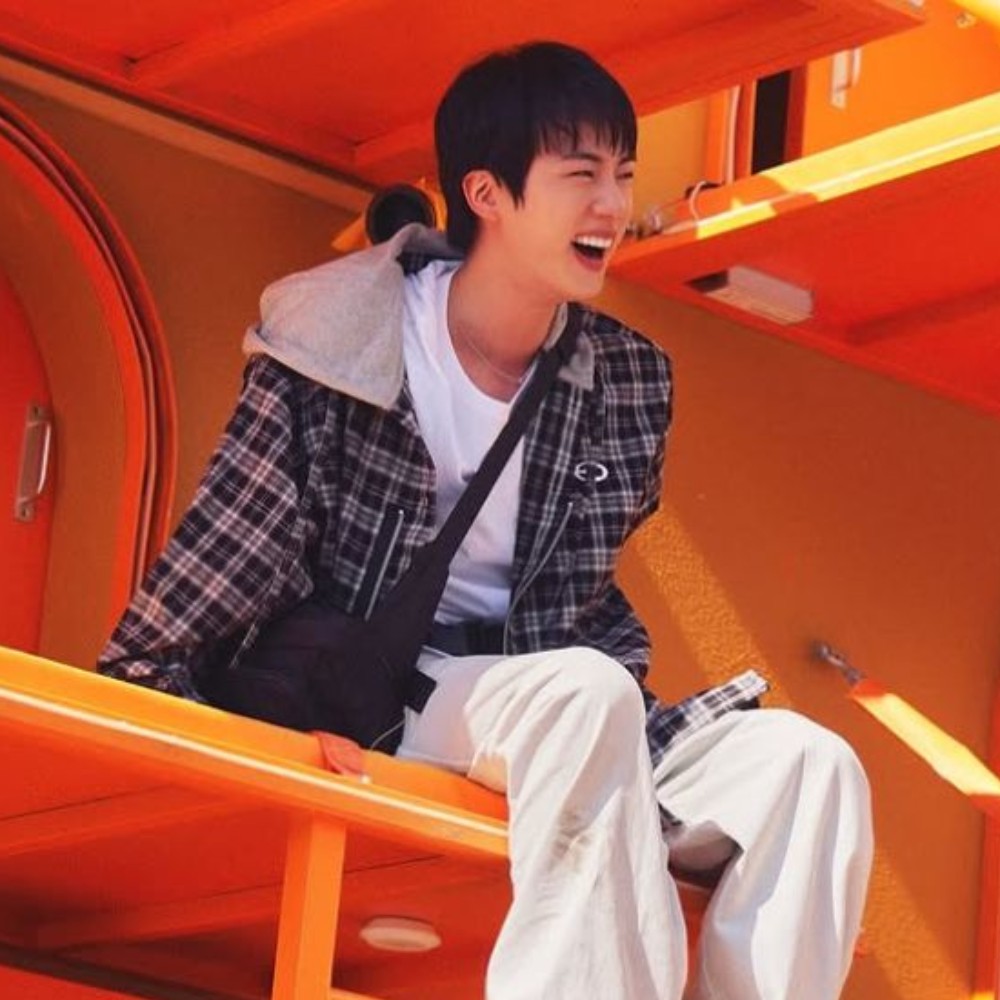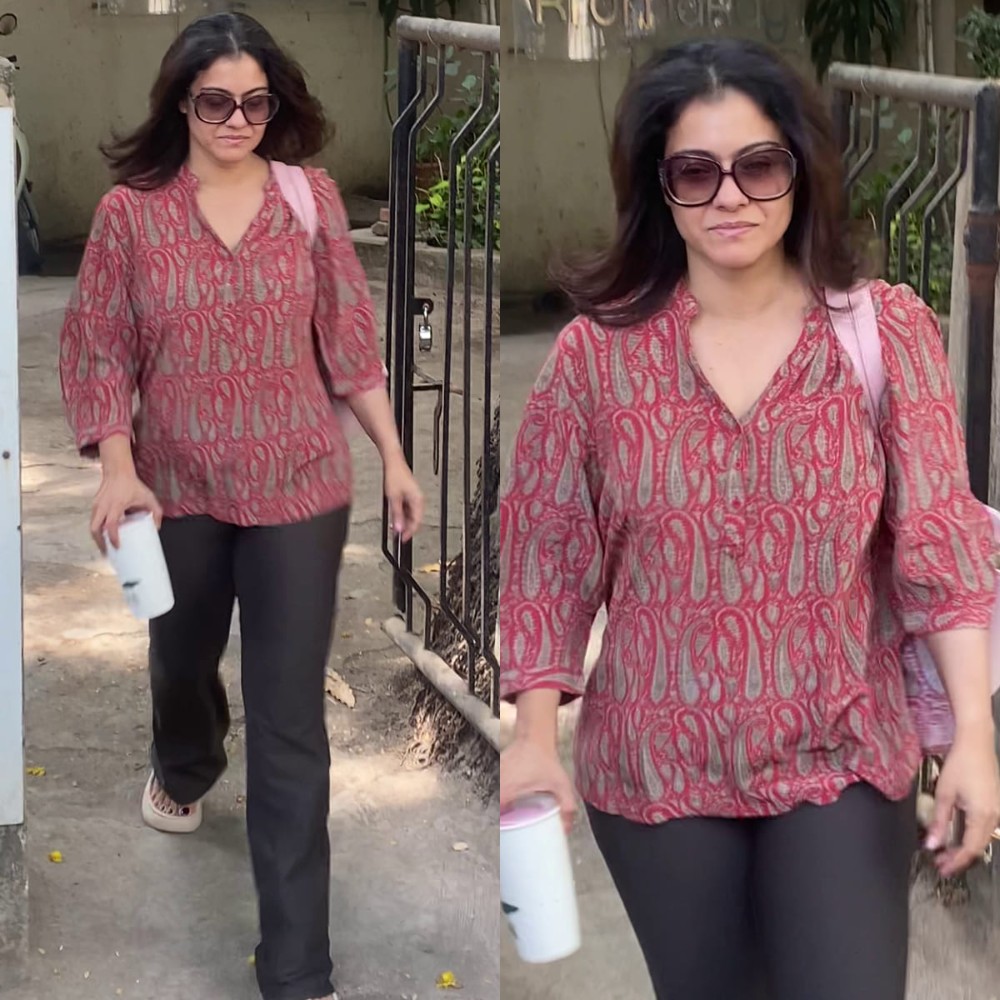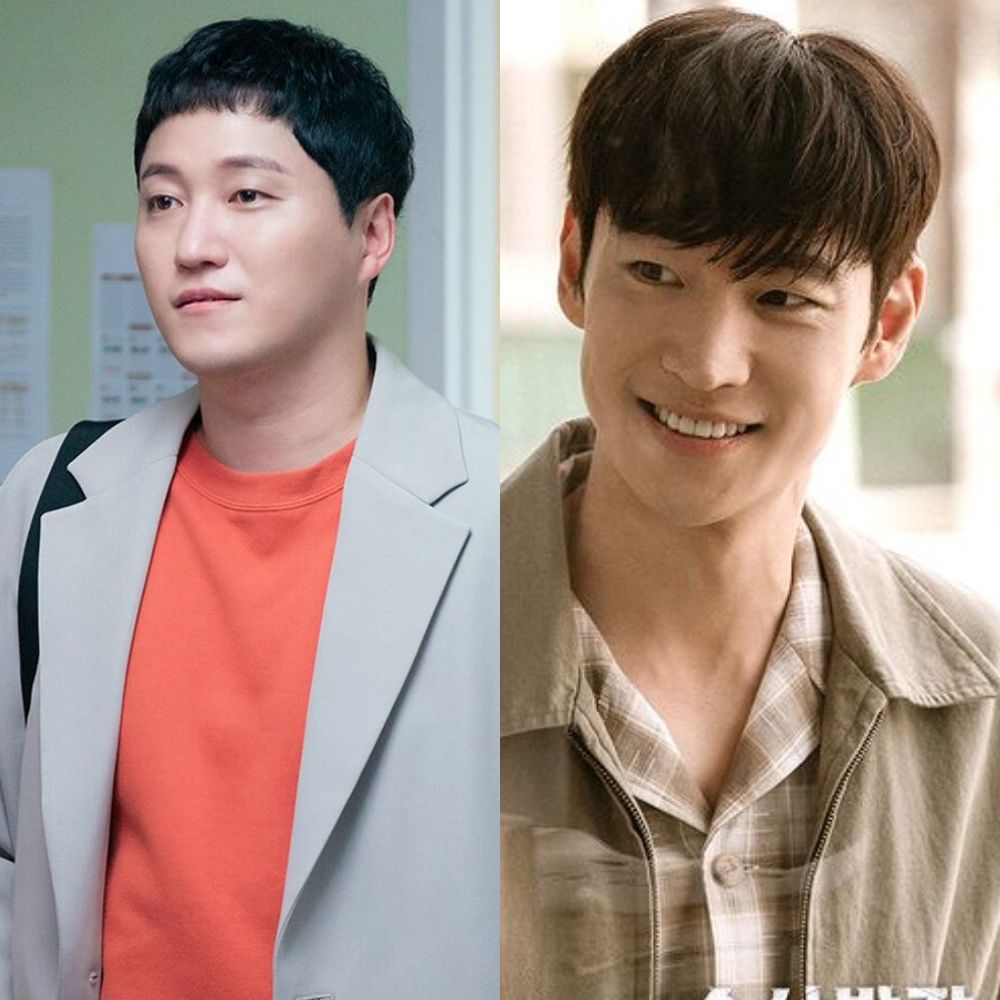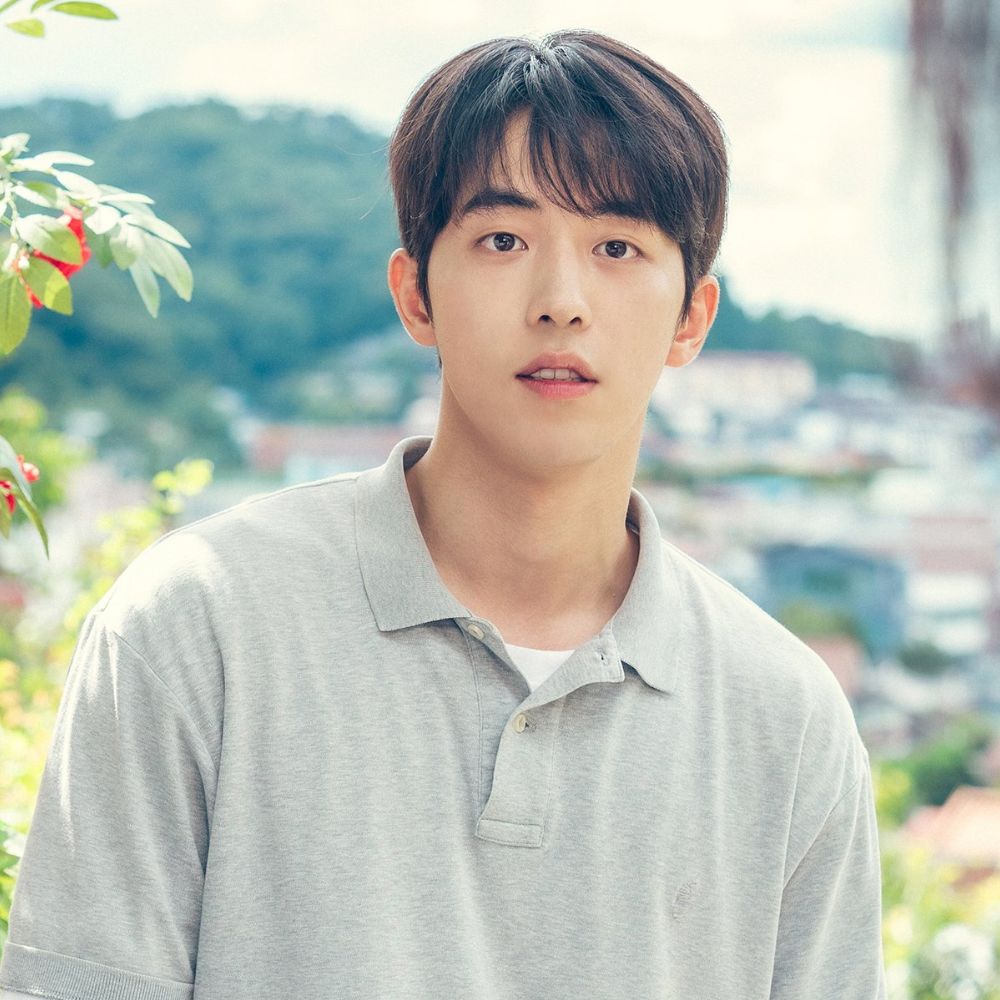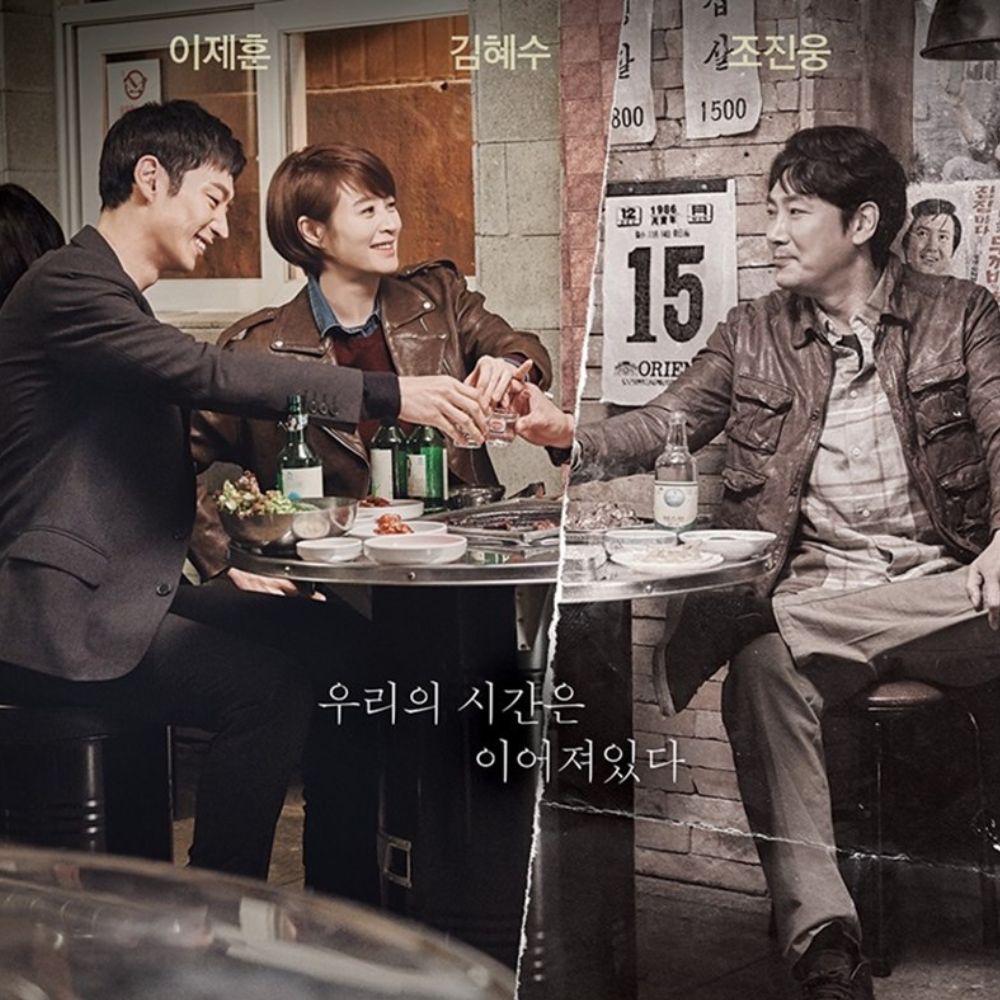Move to Heaven turns 3: How Lee Je Hoon, Tang Jun Sang’s drama masterfully captures final farewells, life and death
The emotional drama series Move to Heaven starring Lee Je Hoon, Tang Jun Sang and more has completed 3 years. Let’s explore its themes and commentary on death and final goodbyes.

Move to Heaven beautifully captures the essence of death as an omnipresent aspect of life itself. Geu Ru (portrayed by Tang Jun Sang), who lives with Asperger syndrome, and his ex-convict uncle Sang Gu (played by Lee Je Hoon), reunite for the first time following the sudden passing of Geu Ru's father.
Tasked with becoming Geu Ru's guardian, Sang Gu joins forces with his nephew to operate the family trauma cleaning company, Move to Heaven. Through their work, they witness untold stories about the departed, shedding light on the lives they once led.
Meanwhile, Sang Gu confronts his own painful past involving Geu Ru's father, as well as the traumatic event that led to his arrest. In this emotional narrative, death serves as a catalyst for self-discovery and healing, intertwining the lives of the living and the departed in profound ways. As the show hits the 3-year mark, let’s revisit some of these themes.
Move to Heaven reflects on final goodbyes
Move to Heaven portrays the lives of trauma cleaners, who handle the belongings of the deceased when families are unable to do so themselves. While this occupation may seem niche, the themes it explores resonate universally, as death is a part of the human experience. The series beautifully captures the bittersweet emotions surrounding loss, making it relatable to audiences worldwide.
After accepting guardianship of Geu Ru following his father's death, Sang Gu becomes involved in the family business. Together, they operate a service that handles the possessions of those who have passed away alone or whose families have enlisted their help due to emotional incapacity.
However, their work goes beyond mere cleanup and disposal. They strive to piece together stories and get insights into the lives of the deceased from their belongings. In doing so, they become a source for delivering unspoken messages from the dead to their loved ones, providing closure in the process.
The series masterfully interweaves connections between the dead and the living, showcasing the significance of life even in death. Through its meticulous storytelling and nuanced acting, it underscores the idea that someone must be alive for the death of another to hold meaning.
As a procedural drama, Move to Heaven focuses not only on Geu Ru and Sang Gu but also on the people whose paths intersect, highlighting the complexity of human relationships and the impact they leave behind.
Move to Heaven and healing
The process of uncovering the stories of the dead and offering glimpses into their lives, aspirations, and relationships through their belongings is indeed both fascinating and heart-wrenching. It's remarkable how an entire existence, with all its joys and sorrows, can be packed into a modest-sized box—a poignant reminder of the fleeting nature of life.
Yet, despite the heavy sadness of the task, Move to Heaven manages to weave intelligent and emotionally resonant stories. There's a warmth to the storytelling, a sense of respect given to the departed as they are acknowledged and informed of the help they will receive for their final journey.
When we think about death, we often focus on the sadness, the loneliness, the gradual fading away: the bitter parts. Take, for instance, the scene in the second episode where an elderly woman passes away alone, her body left unnoticed for an extended period due to a lack of visitors.
Yet amidst this sorrow, there's a delicate balance struck by the tenderness of the characters, the unsaid sentiments finding voice. The conversations are carefully crafted to honor the weight of the moment without veering into melodrama.
It's this blend of emotions that creates a bittersweet feeling, where we mourn the end but cherish the experience. These moments resonate deeply, evoking genuine emotion without becoming overly sentimental.
The drama consistently emphasizes the idea that even in death, our existence continues, and what we leave behind holds significance—it's a testament to the value of our lives. This realization can be immensely therapeutic for those left behind, forming an integral part of the grieving process. Through its compassionate exploration of these themes, Move to Heaven offers viewers not only a profound understanding of loss but also a sense of solace and closure.
This heartfelt K-drama draws its inspiration from real-life events narrated in a non-fiction essay titled Things Left Behind by Kim Sae Byul, a trauma cleaner who shared anecdotes from real-life experiences in this profession. It's a compelling tale that leaves a lasting impact on anyone who watches it.
Stay updated with the latest Hallyu news on: Instagram, YouTube, Twitter, Facebook and Snapchat





 JOIN OUR WHATSAPP CHANNEL
JOIN OUR WHATSAPP CHANNEL